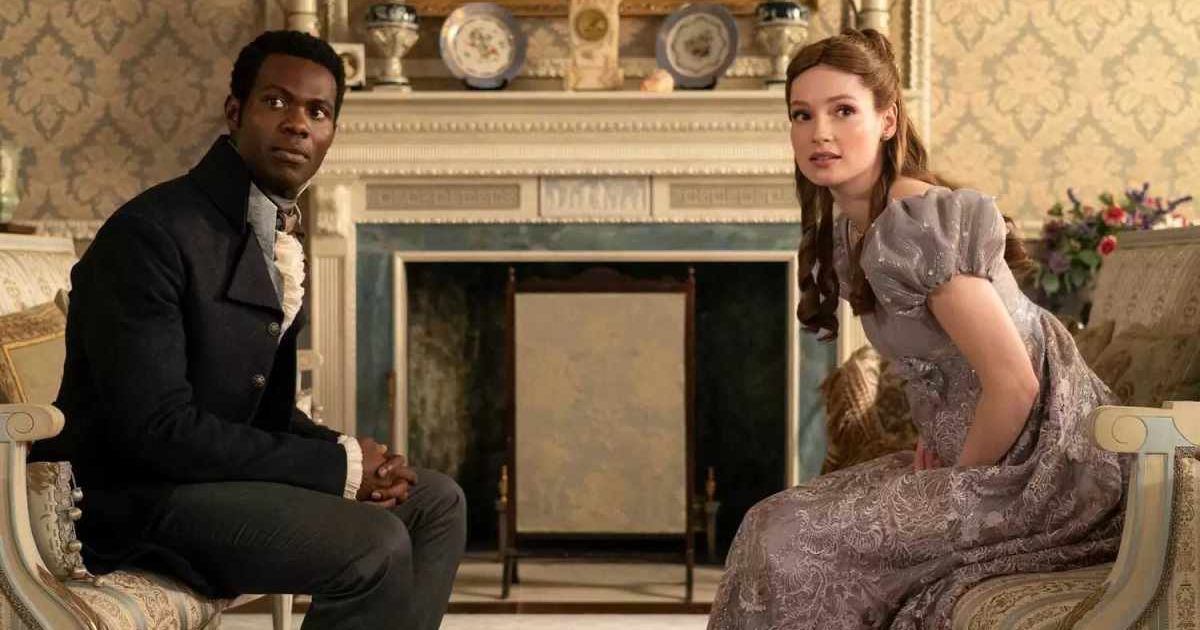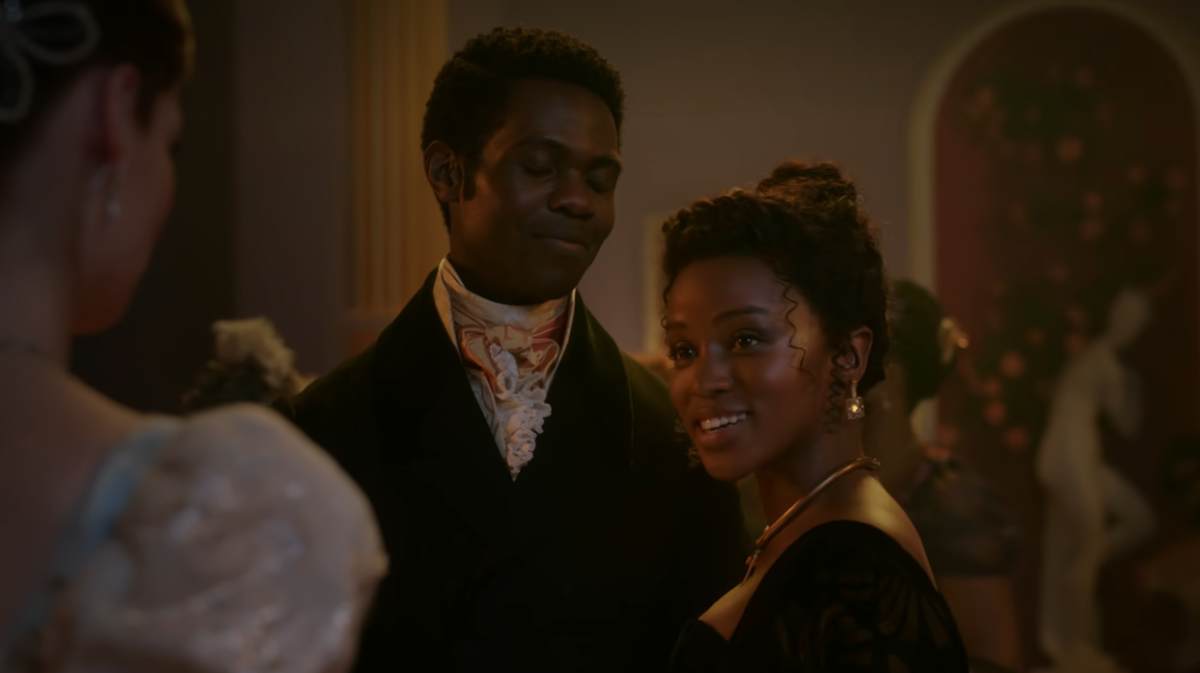'Bridgerton' Season 3: Shock plot twist for Francesca that differs wildly from the book

Contains spoilers for 'Bridgerton' Season 3
LOS ANGELES, CALIFORNIA: 'Bridgerton' Season 3 Part 2 concluded with a surprising twist that reshaped the narrative for Francesca Bridgerton, diverging significantly from the storyline laid out in Julia Quinn's novels. The season wrapped up the romantic saga of Penelope Featherington (Nicola Coughlan) and Colin Bridgerton (Luke Newton) while introducing a bold reinterpretation of Francesca's character.
In a departure from Quinn's novel 'When He Was Wicked', where Francesca's romantic journey revolves around John Stirling's cousin Michael, the Netflix adaptation pivoted by introducing Michaela Stirling as Francesca's love interest.
This gender-swapping decision not only added depth to Francesca's character but also brought LGBTQ+ representation to the forefront of the series. As Francesca's evolution continues to unfold, 'Bridgerton' Season 3 stands out for its progressive storytelling and nuanced portrayal of identity and romance.
Jess Brownell's POV for adapting this twist for Francesca Bridgerton

Showrunner Jess Brownell explained that adapting Francesca's story to explore her queerness felt natural, providing queer viewers with a character they could identify with authentically. Francesca's journey in Season 3 unfolds with her realization of her attraction to Michaela, a narrative shift that resonates with themes of self-discovery and acceptance.
In an interview with TVLine, showrunner Jess Brownell discussed the decision to explore Francesca's storyline in a new light in 'Bridgerton' Season 3. Brownell highlighted “We’re not saying one way or the other who’s next, but we wanted to introduce that part of Francesca’s story. Her story is one that has more installments than some of the other book stories and so, we’re getting started on it a little more quickly.”
Further, she also pointed out, “I really related to Francesca’s story as a queer woman. Her book isn’t intended to be a queer story at least the way Julia Quinn wrote it. But Francesca talks a lot in the book about feeling different and not quite knowing why at times. I think Julia Quinn was really just talking about introversion."
The gender swap of Francesca's love interest to Michaela Stirling was a deliberate choice to expand Francesca's story arc and provide representation for queer viewers. Brownell expressed a commitment to honoring Francesca's original storyline while enriching it with new dimensions that speak to contemporary perspectives on identity and self-discovery in historical romance narratives.
How does Francesca Bridgerton's love life revolve in 'Bridgerton' book?

Francesca Bridgerton's journey in the Bridgerton book series unfolds significantly in 'When He Was Wicked', published in 2004, where she steps into the spotlight following her earlier appearances. Married to John Stirling, Francesca forms a close bond with Michael Stirling, John's cousin and closest confidant.
The novel opens with the revelation that Michael had fallen deeply in love with Francesca the moment he laid eyes on her. However, tragedy strikes when John unexpectedly passes away from a cerebral aneurysm, leaving Michael as the new earl.
Overwhelmed by grief, Michael retreats to India, leaving Francesca alone and their relationship strained for four years. Upon her return to society to seek a second husband and start a family, Francesca encounters Michael again, both are resigned to practical matches but unable to deny their lingering romantic connection.
Their reunion reignites buried emotions, revealing that Michael's love for Francesca never faded despite their tumultuous past. Their complex relationship unfolds against the backdrop of societal expectations and personal desires, making Francesca's journey a poignant exploration of love, loss, and second chances in historical romance.
Francesca's journey with an LGBTQ+ twist promises intriguing developments in the upcoming season of 'Bridgerton'.
'Bridgerton' is available for streaming on Netflix










